
views
Thiruvananthapuram: The Centre on Monday declared the devastating floods in Kerala a "calamity of severe nature" as the state braced for the gigantic task of reconstruction of destroyed infrastructure and rehabilitation lakhs of people rendered homeless.
The death toll in the current spell of monsoon fury that began on August 8 has risen to 216, officials said, while the total number of deaths since May is 373. Many more are still not accounted for, they added.
“Keeping in view the intensity and magnitude of the floods and landslides in Kerala, this is a calamity of a severe nature for all practical purposes," a home ministry official said in New Delhi.
This categorisation will enable the state get greater monetary and other assistance from the Centre. Though rains that pounded the state over the last few days have abated, over 10 lakh people are still sheltered in relief camps, CM Pinarayi Vijayan said.
K Santosh, director of India Meteorological Department's Thiruvananthapuram centre said all alerts have been withdrawn and the state experienced only light to moderate rainfall today. Similar precipitation has been forecast for the next five days.
The Army, Navy, and NDRF teams continued their rescue efforts. Lt. Gen. D R Soni, the chief of the Army's Southern Command, told a press conference in Thiruvananthapuram that rescue operations were still continuing and drones being used to help reach to people trapped in areas not easily accessible.
He said 1,500 army personnel were engaged in rescue operations and people stranded on rooftops and inaccessible areas were being winched with the help of defence helicopters.
Efforts were now under way to clear the houses of the debris to make them habitable, officials said, underscoring the need for making available disinfectants like bleaching powder in adequate quantities to prevent outbreak of water-borne diseases.
Chief Minister Pinarayi Vijayan said Kerala is striving together as one to overcome the "catastrophic" floods with "monumental strength". Referring to some messages being circulated on social media denigrating the relief efforts by the government, he said in a Facebook post that anyone trying to "pull us down will face serious consequences".
Relief material, including provisions, water and fuel have started arriving at the Kochi port from different parts of the country, official sources said.
Health Scare
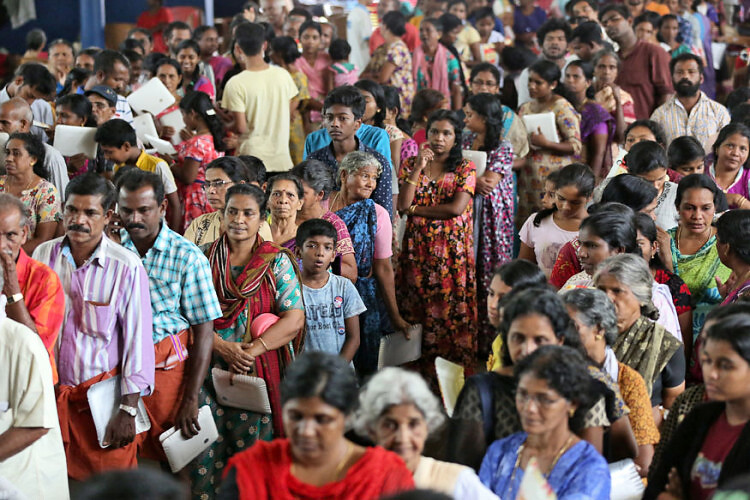
Flood-affected people wait to receive food inside a college auditorium, which has been converted into a temporary relief camp, in Kochi, on Monday. (Photo: Reuters)
The authorities have started handing out medicine and disinfectants to ward off disease in thousands of relief camps.
Health minister JP Nadda said more than 3,500 medical camps were set up across a region. "There is a requirement for 90 different medicines and the first instalment has reached," he said.
“The biggest challenges immediately ahead are cleaning of the flood-hit houses, rehabilitation, and prevention of water-borne diseases," said Mahesh P., a village official in Rayamangalam, about 45 km (28 miles) from Kochi.
Mahesh oversees four relief camps in his village, which itself escaped flood damage. The camps accommodate people rescued from neighbouring areas, which were among the worst affected.
The villagers had all pulled together to rescue people and prevent an even bigger disaster, Mahesh said.
"The flood has bonded the people like never before, sharing whatever they had."
Chlorine powder to disinfect water and other cleaning material are distributed by the camps Mahesh oversees, along with a basic survival kit consisting of a five-day supply of rice and food, toiletries and clothing.
In one of the worst-hit areas, Chengannur, about 100 km from Kochi, a long queue of women snaked out of a medical camp at the main relief centre.
As a helicopter hovered overhead, doctors checked elderly men and women lying on wooden benches in an engineering college.
"People are being screened for respiratory infections," said a camp doctor, Rajesh Parameshwaran, adding that another infection doctors were targeted was leptospirosis, which can strike people wading through stagnant water.
A team of around 100 doctors and paramedical staff from Maharashtra left for Kerala to help the flood-affected people.
Clean-up
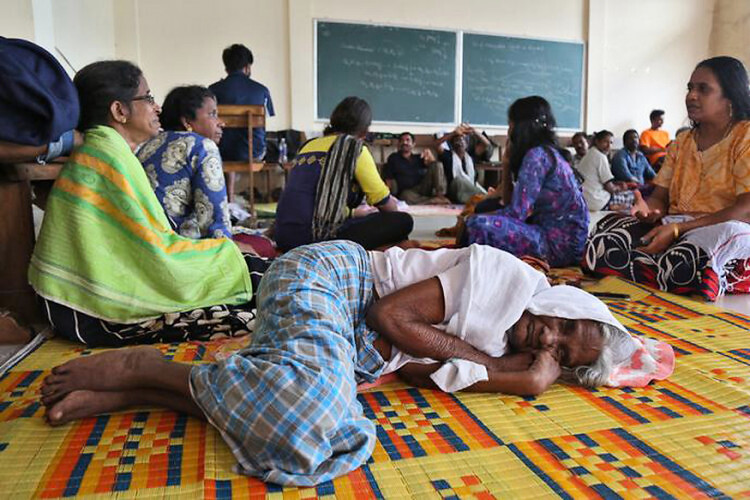
Flood victims rest inside a university classroom, which is converted into a temporary relief camp in Kochi. (Photo: Reuters)
Those returning home from the camps as the waters recede face a difficult clean-up. The insides of many homes will have about 60 cm (24 inches) of mud, officials said. Wells, commonly used in Kerala, are contaminated and few places have electricity to pump water.
Kerala faces no shortage of food, at least. Traders had stocked up before the Hindu harvest festival of Onam on Saturday, the chief minister said. Kerala has cancelled all official celebrations of what is usually its biggest festive event.
Aviation regulator DGCA is, meanwhile, monitoring airfares for flights connecting flood-hit Kerala as this is a unique situation of 'humanitarian crisis', Civil Aviation Minister Suresh Prabhu said in the national capital.
Amid concerns raised by many including on social media platforms about steep fluctuations in air ticket prices to and from Kerala, where the main airport at Kochi has been shut till August 26, Prabhu said the ministry as such cannot interfere with the fares but it is "doing it" in this time of crisis.
Kerala Water Authority and Kerala State Electricity Board were trying to restore water and power supply in vast areas that are without power and tap water for the last several days.
Commercial flight operations from the naval airport at Kochi commenced today with the first Air India flight from Bengaluru arriving this morning. Small aircraft are being operated from the naval airport.










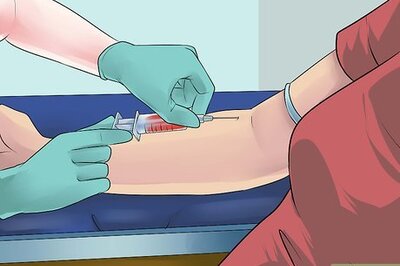






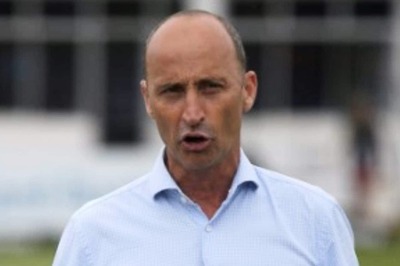

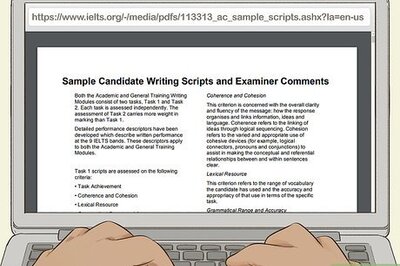
Comments
0 comment